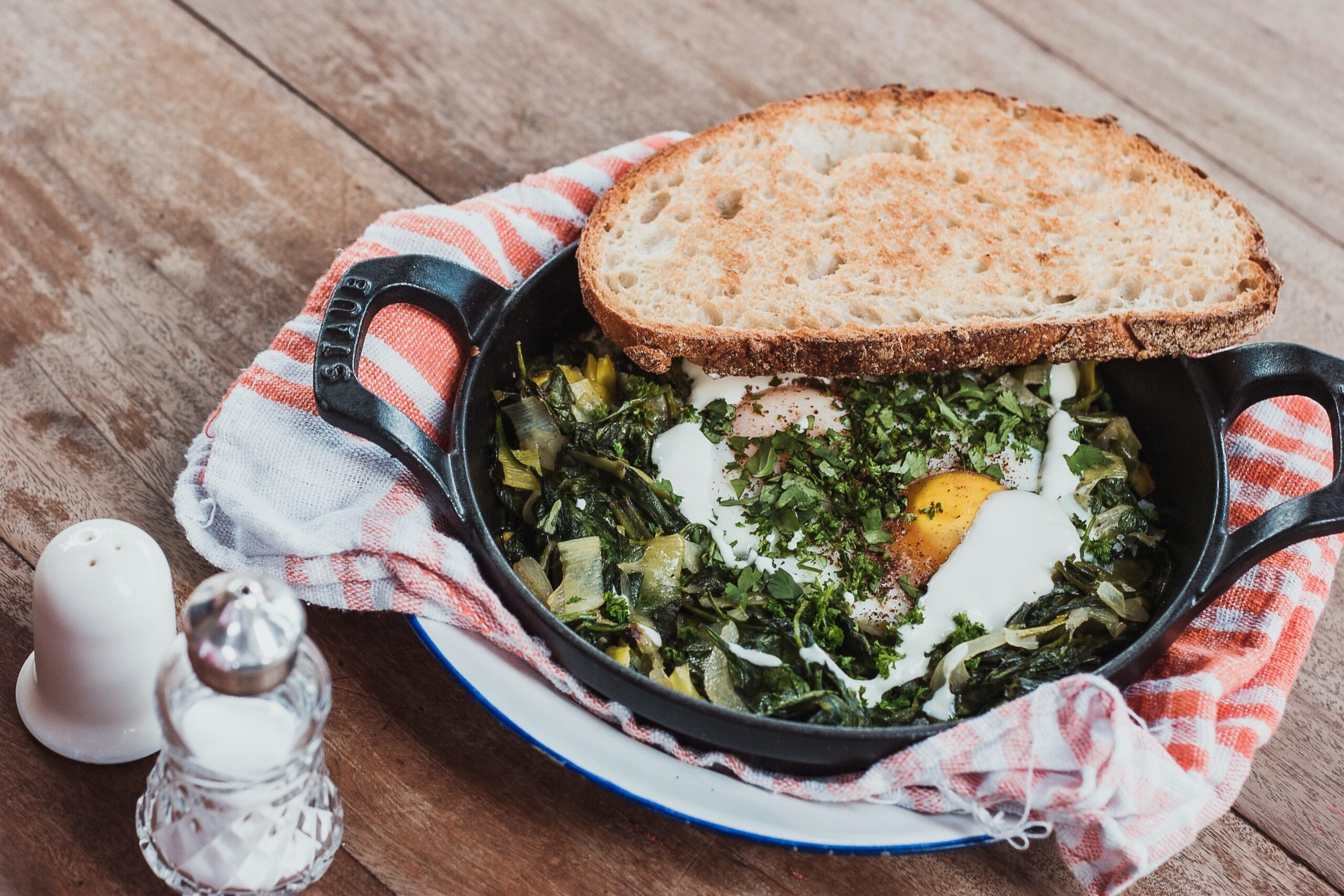A healthy diet is key to maintaining a healthy weight and preventing obesity. Dietitians recommend that women of all ages eat a variety of nutritious foods, including fruits, vegetables, whole grains, low-fat dairy products, and lean protein sources. They also recommend limiting processed foods, sugary drinks, and unhealthy fats.
There is no one-size-fits-all diet plan for women, as everyone’s nutritional needs vary depending on their age, activity level, and overall health. However, there are some general guidelines that can help women create a healthy and balanced diet.
For example, the Dietary Guidelines for Americans recommend that adults eat at least 2 cups of fruits and 2.5 cups of vegetables per day. They also recommend consuming lean protein sources, such as fish, poultry, and beans, and limiting saturated fats, trans fats, and added sugars.
Additionally, the American Heart Association (AHA) recommends that women eat a variety of fruits and vegetables daily, limit processed meats and sugary drinks, and choose healthy fats, such as olive oil, over unhealthy ones.
While there is no perfect diet plan for women, following these guidelines can help create a nutritious and well-rounded diet that supports a healthy weight and overall wellness.
The science of weight loss
The science of weight loss is complex, but there are some key concepts that everyone should understand. The most important thing to know is that weight loss occurs when you burn more calories than you consume. Your body burns calories through a process called metabolism. The faster your metabolism, the more calories you’ll burn and the easier it will be to lose weight.
There are a number of factors that can affect your metabolism, including your age, genetics, and activity level. If you’re looking to boost your metabolism and lose weight, there are some lifestyle changes you can make, such as eating smaller meals more frequently, exercising regularly, and reducing stress.
While the science of weight loss is complex, remember that it all comes down to burning more calories than you consume. If you can do that, you’ll be well on your way to reaching your weight loss goals.
Metabolism Explained
Metabolism is the set of life-sustaining chemical reactions in organisms. The three main purposes of metabolism are: the conversion of food to energy to run cellular processes; the conversion of damaged or abnormal cells into healthy cells; and the elimination of metabolic wastes. Metabolism is usually divided into two categories: catabolism, the break-down of molecules to obtain energy, and anabolism, the build-up of molecules (synthesis).
Metabolism is a complex process that involves many different chemical reactions. The exact number and order of these reactions vary depending on the specific organism. In general, though, metabolism can be divided into two main types of reactions: catabolism and anabolism.
Catabolism is the break-down of molecules in order to obtain energy. This process usually occurs in the presence of oxygen and results in the production of carbon dioxide, water, and ATP (adenosine triphosphate). ATP is a molecule that stores energy and is used by cells to power their various functions.
Anabolism, on the other hand, is the build-up of molecules. This process usually occurs in the absence of oxygen and results in the production of proteins, DNA, lipids, and carbohydrates.
Metabolism and Exercise
Metabolism is the process by which your body converts food into energy. A healthy metabolism is key to maintaining a healthy weight, as it helps to burn calories and keep your appetite under control. Exercise is also important for keeping your metabolism working properly, as it helps to boost your metabolism and help you burn more calories.
There are a few things you can do to help boost your metabolism and keep it working properly. First, make sure you are eating a healthy diet that includes plenty of fresh fruits and vegetables, lean proteins, and whole grains. These foods will help to keep your metabolism running smoothly. Secondly, get plenty of exercise. Exercise not only helps to boost your metabolism, but it also helps to keep your bodyweight under control. Finally, make sure you are getting enough sleep. Sleep is important for all aspects of health, including metabolism. Make sure you are getting at least 7-8 hours of sleep each night.
By following these tips, you can help to ensure that your metabolism is working properly and that you are able to maintain a healthy weight. Metabolism and exercise are both important for keeping your body healthy, so make sure you are doing all you can to keep yours in tip-top shape!
Best Weight Loss Meal Plans for Women

When it comes to choosing a weight loss meal plan, there are many different options available for women. It’s important to find a plan that fits your individual needs and lifestyle, as well as one that you can stick to long-term.
Here are some of the best weight loss meal plans for women:
1. The Atkins Diet
The Atkins diet is a high-protein, low-carbohydrate plan that can help you lose weight quickly. It’s important to note, however, that this diet is not sustainable in the long term and may lead to health problems if followed for an extended period of time.
2. The Paleo Diet
The Paleo diet is based on the premise that we should eat like our ancestors did – that is, primarily meats, vegetables, and healthy fats. This diet can help you lose weight quickly and is also sustainable in the long term.
3. The Mediterranean Diet
The Mediterranean diet is based on the traditional foods of countries like Italy and Greece. It’s a healthy, balanced diet that includes plenty of fruits, vegetables, fish, and olive oil. This diet has been shown to be effective for weight loss and can also help reduce the risk of heart disease.
4. The DASH Diet
The DASH diet is an acronym for “Dietary Approaches to Stop Hypertension.” This diet is designed to lower blood pressure, and has been shown to be effective for weight loss as well.
5. The Vegetarian Diet
The vegetarian diet is a plant-based diet that excludes all animal products. This diet can be effective for weight loss, but it’s important to make sure you’re getting enough protein and essential nutrients.
6. The Intermittent Fasting Diet
Intermittent fasting is a dieting pattern that involves cycles of fasting and eating. This diet can be effective for weight loss, but it’s important to make sure you’re still getting all the nutrients you need.
7. The Whole30 Diet
The Whole30 diet is a 30-day challenge that eliminates all processed foods, sugar, alcohol, and grains from your diet. This diet can be difficult to stick to, but it’s very effective for weight loss and improving overall health.
8. The Keto Diet
The keto diet is a high-fat, low-carbohydrate diet that can help you lose weight quickly. It’s important to note, however, that this diet is not sustainable in the long term and may lead to health problems if followed for an extended period of time.
9. The Slimming World Diet
The Slimming World diet is a UK-based weight loss program that focuses on healthy eating and portion control. This diet can be effective for weight loss, but it’s important to make sure you’re still getting all the nutrients you need.
10. The Weight Watchers Diet
Weight Watchers is a weight loss program that uses a points system to track food intake. This diet can be effective for weight loss, but it’s important to make sure you’re still getting all the nutrients you need.
These are just a few of the best weight loss meal plans for women. It’s important to find a plan that fits your individual needs and lifestyle, as well as one that you can stick to long-term. Talk to your doctor or a registered dietitian to find the best plan for you.
